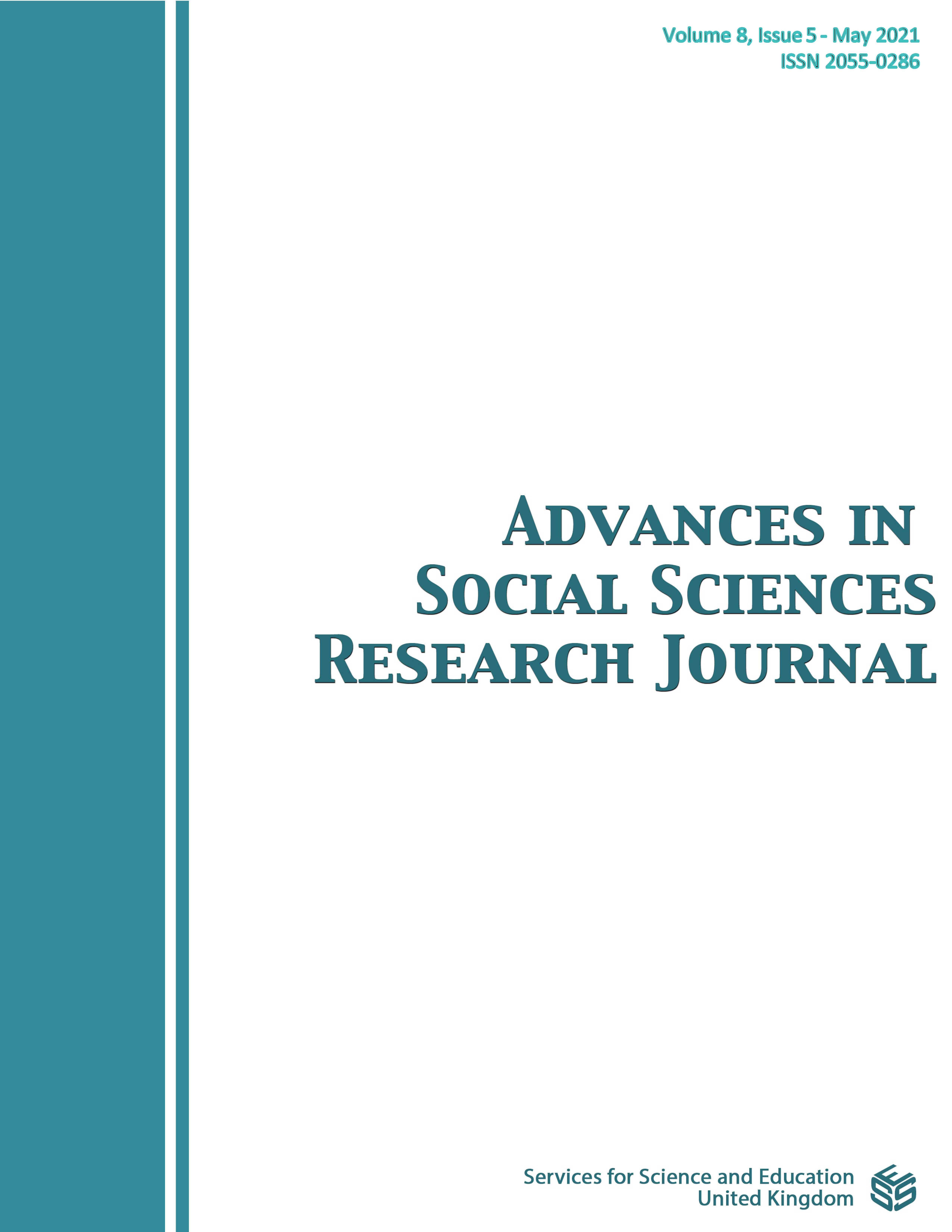Developing linguistic and cultural competence: participants' evaluation of a Maltese language and culture awareness program
DOI:
https://doi.org/10.14738/assrj.85.10195Keywords:
culturally and linguistically diverse; cultural competence; cross-cultural encountersAbstract
Malta is facing an increasing demand and decreasing supply of local nurses and engagement of culturally and linguistically diverse (CALD) personnel is becoming the main solution to mitigate such problems. The case study examines the perceptions of CALD nurses about the content and utility of a Maltese language and culture awareness program. A qualitative methodology was adopted and data collected through focus group interviews conducted with sixteen (16) participants. Qualitative content analysis using Framework Method was used to analyse the data.
Views on the training program have been divided between elements related to individual utility, service user utility, quality of delivery and areas for improvement. The results indicate that training can provide significant advantages in terms of enhancing cultural competence and cross-cultural encounters amongst CALD nurses working in elderly long term care and it is recommended that such programs are encouraged to be taken on board by organisations operating in similar health and social care services.
References
Brooke, J., Cronin, C., Stiell, M. and Ojo, O. (2017). The intersection of culture in the provision of dementia care: A systematic review. Journal of Clinical Nursing, 27(17-18), pp.3241-3253.
Bugeja, A., Farrugia, B. and Grech, K. (2019). Development of health services in Malta: Past, present and future. In: N. Azzopardi Muscat, D. Cauchi and T. Melillo Fenech, ed., Public Health in Malta 1999-2019. Malta: Malta Association of Public Health Medicine, pp.10-14
Dick, B. (2002). Action Research: Action and Research. [online] Available at: www.aral.com.au/resources/aandr.html [Accessed 24 July 2020].
Egede-Nissen, V., Sellevold, G., Jakobsen, R. and Sørlie, V. (2016). Ethical and cultural striving. Nursing Ethics, 24(6), pp.752-766.
Gale, N., Heath, G., Cameron, E., Rashid, S. and Redwood, S. (2013). Using the framework method for the analysis of qualitative data in multi-disciplinary health research. BMC Medical Research Methodology, 13(1).
Giger, J., Davidhizar, R.E., Purnell, L., Harden, J.T., Phillips, J. and Strickland, O. (2007). American Academy of Nursing Expert Panel Report. Journal of Transcultural Nursing, 18 (2), pp.95-102.
Iivari, J. and Venable, J. (2009). Action research and design science research - Seemingly similar but decisively dissimilar. 17th European Conference on Information Systems, ECIS 2009. pp.1642-1653.
Jirwe, M., Gerrish, K. and Emami, A. (2006). The theoretical framework of cultural competence. The Journal of Multicultural Nursing & Health, 12, pp.6-16.
Johnstone, M. and Kanitsaki, O., (2006). Culture, language, and patient safety: making the link. International Journal for Quality in Health Care, 18(5), pp.383-388.
Leininger, M. (2002). Culture care theory: a major contribution to advance transcultural nursing knowledge and practices. Journal of Transcultural Nursing, 13 (3), pp.189-192.
McCalman, J., Jongen, C. and Bainbridge, R., (2017). Organisational systems’ approaches to improving cultural competence in healthcare: a systematic scoping review of the literature. International Journal for Equity in Health, 16(1), p.78.
Munoz, M. and Kloos, C. (2005). A Web Service Based Architecture for Push-Enabled M-Learning. IADIS Mobile Learning. p.135-140.
Nichols, P., Horner, B., and Fyfe, K. (2015). Understanding and Improving communication processes in an increasingly multicultural aged care workforce. Journal of Aging Studies, 32, pp.23–31
Truong, M., Paradies, Y. and Priest, N., (2014). Interventions to improve cultural competency in healthcare: a systematic review of reviews. BMC Health Services Research, 14(1), p.99.
WHO. (2017). Culture matters: using a cultural contexts of health approach to enhance policy-making: Policy Brief No1. WHO Regional Office for Europe.
Downloads
Published
How to Cite
Issue
Section
License
Copyright (c) 2021 NEVILLE SCHEMBRI

This work is licensed under a Creative Commons Attribution 4.0 International License.
Authors wishing to include figures, tables, or text passages that have already been published elsewhere are required to obtain permission from the copyright owner(s) for both the print and online format and to include evidence that such permission has been granted when submitting their papers. Any material received without such evidence will be assumed to originate from the authors.






